In The Lab
Herbs and spices used in the production of TOPS Jamaican herbal teas are solar dried and/or sun dried under hygienic conditions that meet HACCP (Hazard Analysis Critical Control Points) food safety standards.
The farming and drying process for herbs and spices has been perfected over many generations to capture the tropical flavor, aroma and taste that is unique to Jamaican herbs and spices, the major ingredients in our products. Only the best dried herbs and spices are selected for processing.
This results in consistently high quality products that are often imitated but seldom, if ever duplicated. Farmers and suppliers are trained by Ministry of Health Public Health Inspectors and receive a Food Handlers Permit.
As part of the processing of dried herbs and spices, ground and un-ground, semi finished and finished products are sampled and tested by the Microbiology Laboratory of the Food Storage and Infestation Division at the Ministry of Industry Investment and Commerce and Northern Caribbean University for microorganisms such as Salmonella and E. coli to make sure that only the best quality products are presented to the market.
Our products undergo rigorous sampling and we pay strict attention to details to make sure that our customers get the best value for money.
Our staff is trained by local and overseas technical persons in HACCP principles, including good manufacturing practices (GMP’s) and, machine repairs and operations.
Dried herbs and spices are packaged in clean poly bags and are stored in dry, well ventilated, sanitary and hygienic conditions for pick-up by the Perishables Jamaica Limited (PJL) company truck/van or for delivery to PJL’s factory for grinding and processing.
Grinding of the dried herbs and spices to the correct particle size, for processing into teabags, takes place using stainless steel Fitzpatrick brand hammer mills.
Ground herbs and spices are made pure (100%) or mixed (blended), into teabags using MAISA tea bagging machines. The machines create teabags from a large roll of teabag filter paper and attach a stringed tag to each teabag. The teabags are placed in a plastic bag to help preserve their freshness and flavour and the plastic bag is placed in a retail display carton.
The display cartons are coded with an inkjet printer to include batch #, lot # and best before date, and then sealed with polypropylene film using a Marden Edwards over wrapping machine.
Display cartons are packed in cases of 24 or 48 for distribution to the Jamaican or export market.
Did you know
Jamaicans refer to most if not all hot beverages as “tea”. We even use it in combination with the actual beverage name, so its not uncommon to hear Jamaican’s ask for “Milo Tea” or “Coffee Tea”.
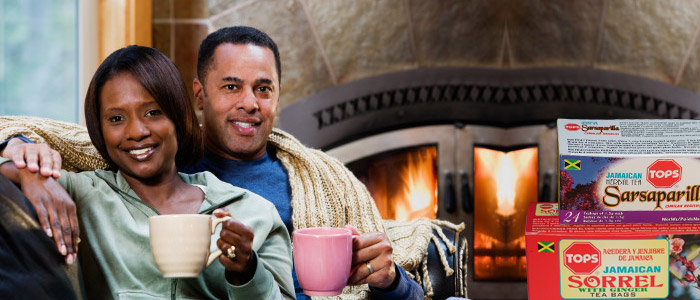
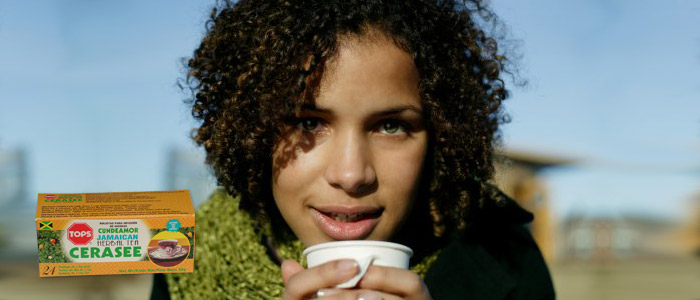
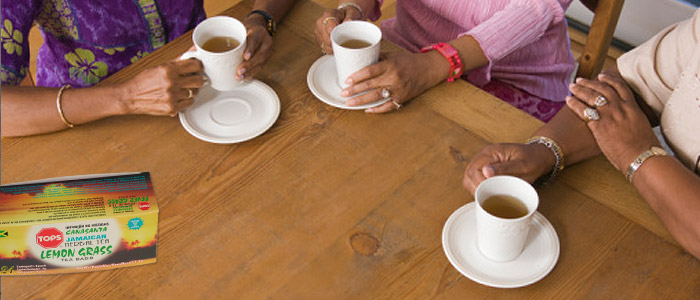
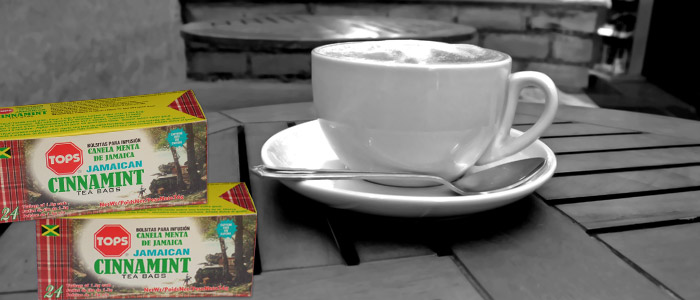
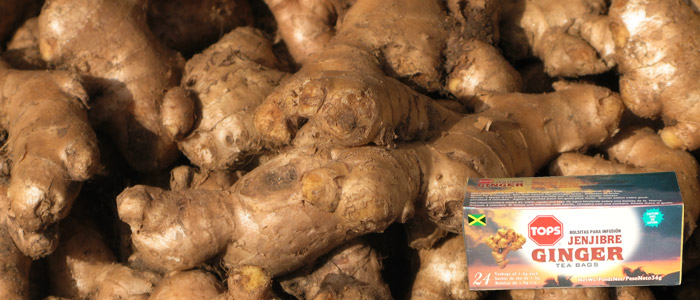
 Funding for this activity was provided by the Private Sector Development Programme (PSDP), a joint initiative of the Government of Jamaica and the European Union. The views expressed in this product are those of the author(s) and do not necessarily reflect those of the PSDP or the EU.
Funding for this activity was provided by the Private Sector Development Programme (PSDP), a joint initiative of the Government of Jamaica and the European Union. The views expressed in this product are those of the author(s) and do not necessarily reflect those of the PSDP or the EU.